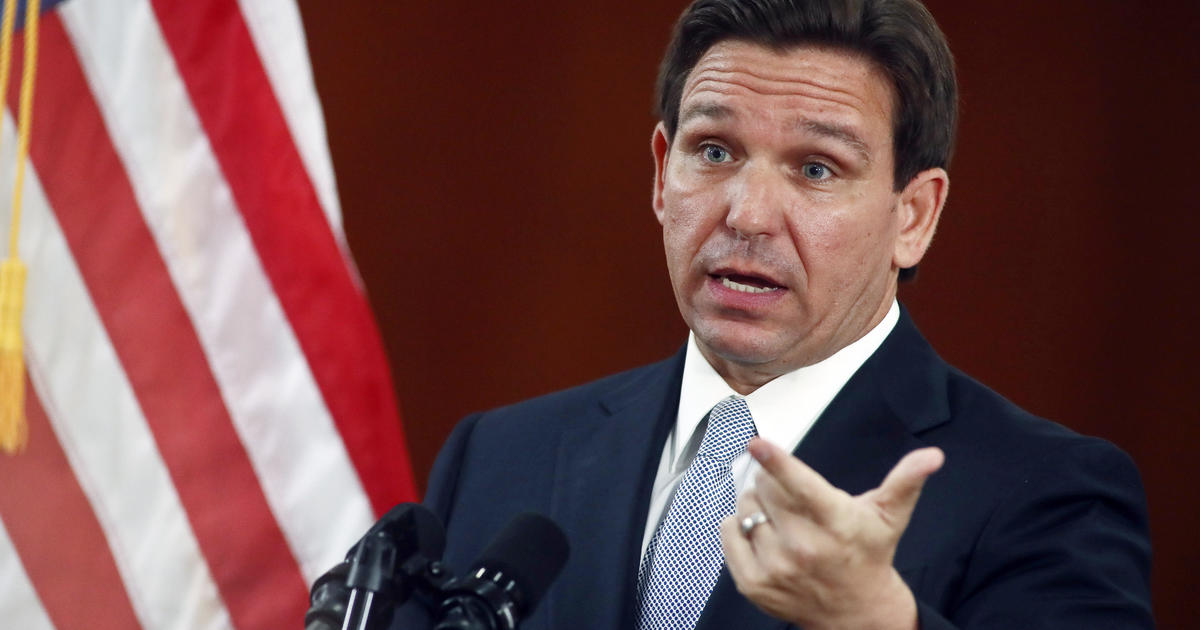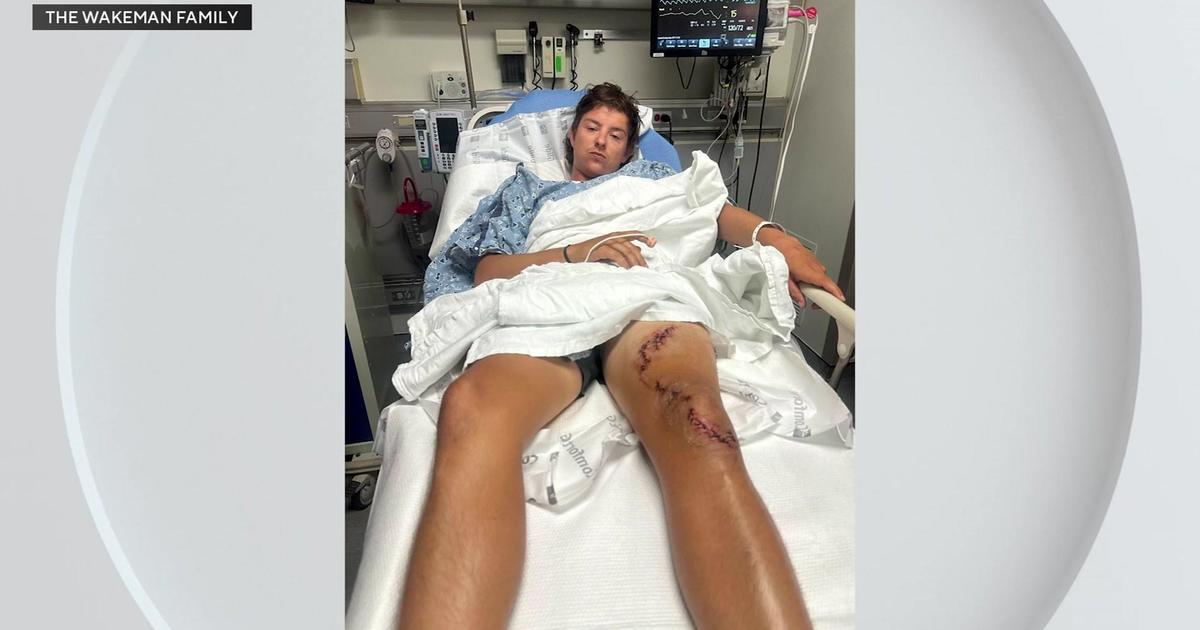Senate Committee To Tackle Patients' Pain Med Problems
Follow CBSMIAMI.COM: Facebook | Twitter
TALLAHASSEE (NSF) – The Legislature may have inadvertently made it harder for legitimate patients to get critical pain medications when it passed a 2011 law aimed at shutting down rogue clinics that branded the state as the "pill mill capital" of the country.
But now, a powerful state senator said he intends to fix the problem.
"The pendulum has gone from one direction to the other direction," Senate Health Policy Chairman Aaron Bean, R-Fernandina Beach, said at a meeting Tuesday.
Bean intends to file legislation for the 2016 session aimed at doing away with a perceived cap on the amount of powerful narcotics pharmacies are able to order. The provision was included in the 2011 legislation, which imposed strict regulations on doctors and pharmacies about dispensing highly addictive pain medications.
Under the law, "a wholesale distributor must assess orders for greater than 5,000 unit doses of any one controlled substance in any one month to determine whether the purchase is reasonable."
While the 5,000 dosage units are only a trigger, some distributors --- and pharmacies --- may be treating it as a hard cap, Bean said Tuesday.
"Some will say it's really not a cap, but everybody thinks it's a cap. If we were to remove that perceived cap, would that help the problem with the additional supply of medication?" Bean asked Lucy Gee, director of the Florida Department of Health's Medical Quality Assurance Division.
"Mr. Chair, it could," Gee said.
Bean said he learned of the issue after reading a series of stories by The News Service of Florida about patients forced to embark on the "pharmacy crawl" to find places willing --- and able --- to fill prescriptions for pain medications and after receiving emails from constituents. Bean also said his sister, a pharmacist, has complained that she can't get pain medications because her supplier refuses to provide them.
"We will look at this problem. It's real out there," Bean said.
Sen. Rene Garcia, R-Hialeah, said his office has been inundated by complaints from patients.
"It's not just one constituent. It's constituent after constituent that comes to my office. … I've seen it time and time again," he said.
Gee said health officials are doing what they can to address the problem.
"First, the system of delivering needed medications to Florida's patients has been eroded by a lack of confidence and trust. And second, there is no one single entity in the system that can provide the solution," Gee said.
The situation has reached such proportions that the state Board of Pharmacy, housed at the Department of Health, held a series of meetings on the issue this summer and approved a new rule this month regarding the filling of pain prescriptions.
The revamped rule, published last week, changes the focus from "red flags," or reasons not to fill prescriptions, to ways pharmacists can ensure that legitimate prescriptions are filled. The rule also requires two hours of continuing education courses about filling prescriptions for controlled substances.
Wholesalers, pharmacists and doctors blame each other, as well as the federal Drug Enforcement Administration. Meanwhile, some patients are committing suicide or entering into hospice early in order to get the pain medications they need.
"Everyone's done a lot of finger-pointing," Gee said.
Gee said the Board of Pharmacy's Controlled Substances Standards Committee intends to hear from wholesalers and suppliers at a meeting in December.
Sen. Don Gaetz asked Gee whether her department had explored the use of medical marijuana as an alternative treatment for terminally ill patients or those with chronic pain.
"I'm not trying to sell anything here. I'm just trying to suggest that it may be necessary in both discussing what's appropriate for dealing with pain management … to know what the Department of Health thinks … about the best ways to deal with various forms of pain and noxious symptom management," Gaetz, R-Niceville, said.
"Our discussions have been very limited to the filling of controlled substances for pain patients," Gee replied.
Doing away with the perceived cap may ease pressure on wholesalers leery of the 5,000-unit trigger. But it may not assuage concerns about DEA enforcement actions.
In a 2012 settlement agreement, Cardinal Health --- one of the country's largest distributors --- was banned from shipping and selling narcotics from its Lakeland facility for two years. Cardinal Health limits its customers' orders for controlled substances, a company official told the Board of Pharmacy committee looking into the issue earlier this year.
Walgreens agreed to a historic $80 million penalty in 2013 related to dispensing of highly addictive narcotics.
"It's a big puzzle and it requires all the players. But this could be the spark," Bean said after the meeting. "This could be the spark to bring the feds in to say, 'Look, we've gone overboard.' "
The News Service of Florida's Dara Kam contributed to this report.



